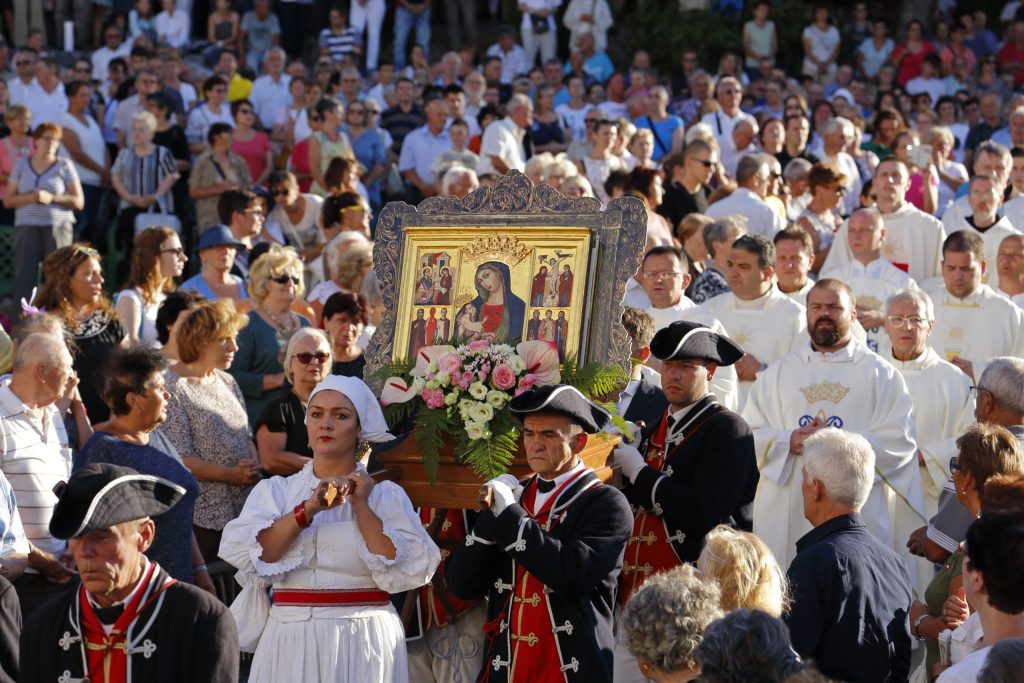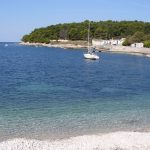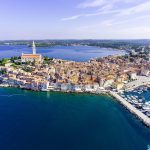Something fascinating about Croatia isn’t only the quantity but also the diversity of different tourists that arrive. Not everyone visits it for its countless beaches or its thousand (plus) islands (even if that’s much more than reason enough), but also for particular objectives that are worth being recognised. From health tourism, due to the country’s immaculate air in the northern Adriatic islands, to adventure tourism, Croatia is also a favourite destination for devotees and pilgrims. Five Croatian religious tourism destinations are not enough to do the enormous number of religious treasures the country boasts justice, but they can definitely serve as a starting point for anyone who wants to get better acquainted with religious heritage in Croatia.
Sinj
Less than 40 km from the City of Split is located what is perhaps one of the most important towns not only in Split-Dalmatia County but in the whole country, due to its historical, cultural, and religious value. Sinj occupies important pages in the lengthy book of the history of Croatia, being a key point of passage to the Adriatic Sea, as it managed to repel a last siege by the Turkish army in 1715, putting an end to a possession dispute with the Venetian Empire that lasted almost two centuries. Precisely that year, around 700 inhabitants managed to defend Sinj from an army of 60,000 Ottoman soldiers.
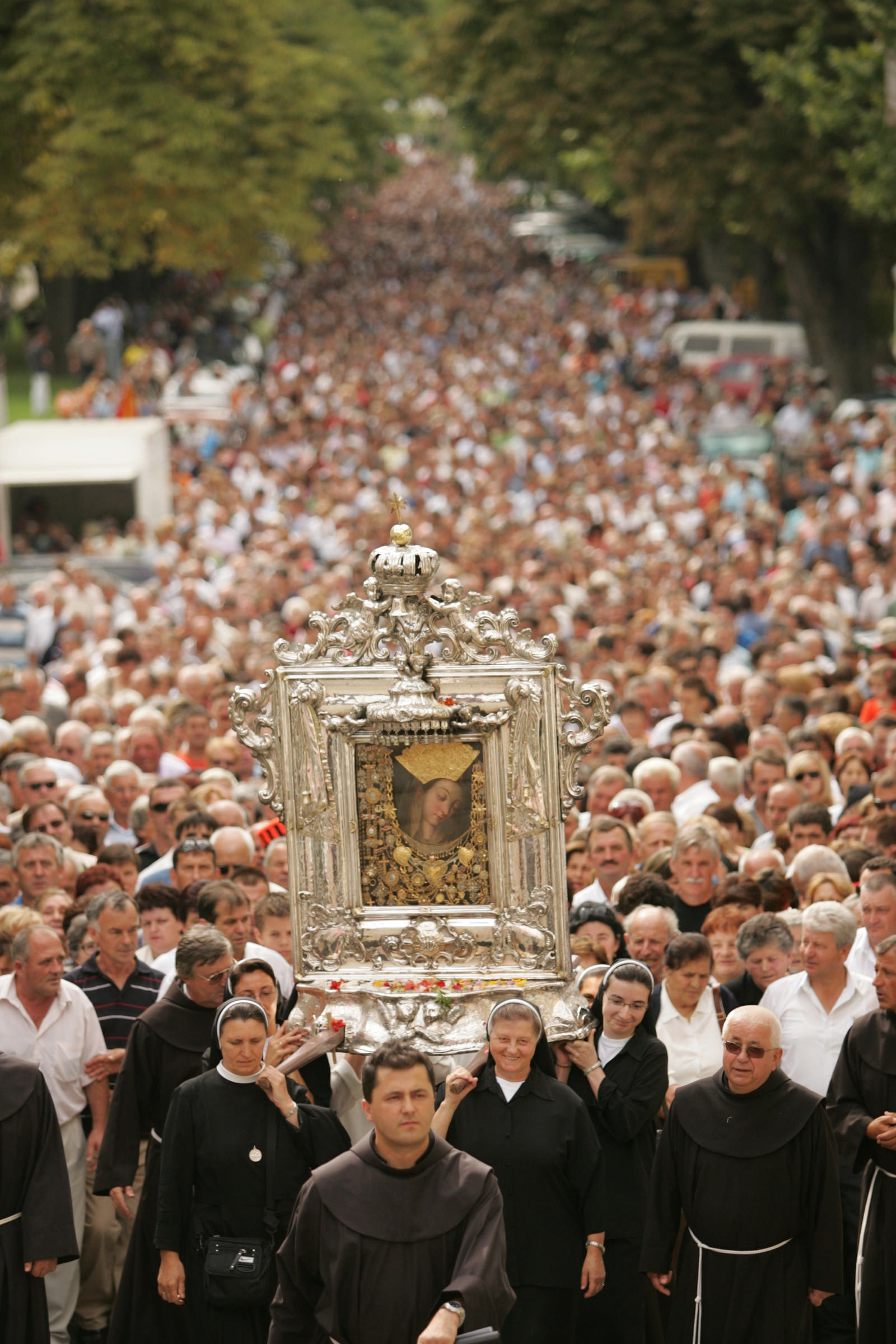
Photo: Mario Romulić
Although the military prowess is still celebrated to this day through the Sinjska Alka, a very famous equestrian competition in the city, that event also motivated a very strong devotion to “Our Lady of Sinj”. For many at that time, it was believed that she interceded for the people of Sinj to achieve this great feat. Thus, to this day, a procession is held every August 15 that brings together thousands of faithful marching behind the figure of ”Our Lady of Sinj”, in addition to being visited numerous times throughout the year by devotees arriving to offer their prayers.
Ludbreg
Ludbreg is located in Varaždin county, in the north of Croatia and just one hour from Zagreb by car, well known for its reputation as the center of the world. Ludbreg is a very calm, peaceful, and picturesque town that is worth visiting for its large and green parks, as well as for being a very important and popular pilgrimage destination, something that dates back centuries. Ludbreg is where the only miracle in Croatia certified by the Vatican is registered.
For those not very familiar with this miracle, The Real Presence website states that in 1411 at Ludbreg, in the chapel of the Count Batthyany’s castle, a priest was celebrating Mass, during the consecration of the wine, the priest doubted the truth of transubstantiation, and the wine in the chalice turned into Blood. Not knowing what to do, the priest embedded this relic in the wall behind the main altar. The workman who did the job was sworn to silence. The priest also kept it secret and revealed it only at the time of his death. After the priest’s revelation, news quickly spread and people started coming on pilgrimage to Ludbreg.
It was not until 1513 that the miracle was further investigated and confirmed by Pope Leo X.
Island of Krk
The entire island of Krk hosts one of the most popular and visited pilgrimage routes in Europe, which joins the great pilgrimage route to Santiago de Compostela. According to the Krk Tourist Office, ”as the first section of the Croatian Camino route, Camino Krk joined the European network of St James’s ways, with Camino de Santiago being the most popular one”. Camino Krk is a 150km circular route around the island of Krk, in the Kvarner Bay.
Perhaps one of the reasons why the Krk Trail is one of the most popular pilgrimage routes on the continent is due to its spectacular scenery, clean air, and its religious value to pilgrims. Also, the 150-kilometer route helps to promote the various destinations on the island of Krk, some of which you can learn about in this article.
Zagreb
Zagreb, in its broad meaning as a tourist destination, is a must-see for anyone who adds Croatia to their travel list. However, we are talking about a city that is difficult to cover in its entirety even in the most ambitious itinerary due to its enormous historical and cultural offer. Although it is true that by including the Croatian capital in a list of religious destinations one might think that we are referring to one of its many cathedrals and churches, we will tell you more about a shrine with very deep meaning for devotees in Zagreb.
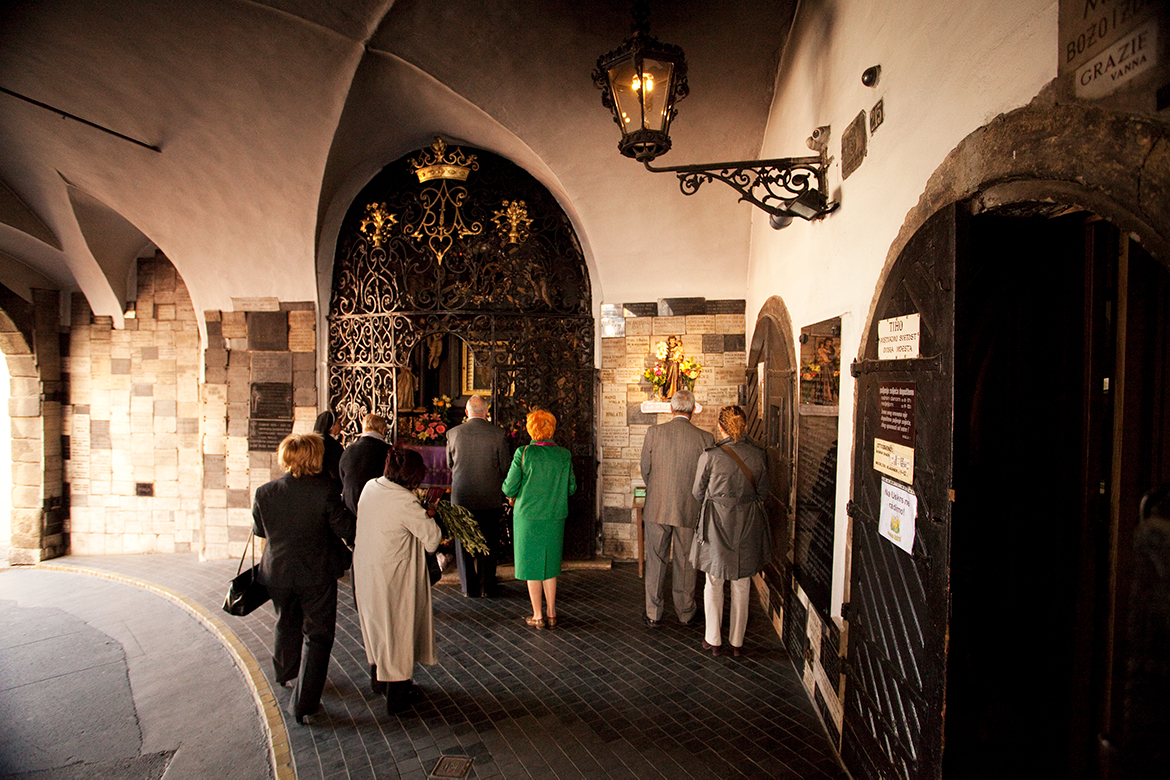
Image: M. Vrdoljak/Zagreb Tourist Board
According to the Zagreb Tourist Board, Kamenita Vrata (Stone Gate) is the most important shrine in Zagreb and is also one of the most popular attractions of the Upper Town. ”The Stone Gate is part of the remains of the city walls that once stood around the old town. Although it was first mentioned in 1429, it is assumed to have been built in 1266. Throughout the city’s long history it has undergone many reconstructions and was devastated by fire more than once. The last such fire destroyed much of Gradec on 31 May 1731, burning down houses that were close to the Stone Gate. The Gate displayed a painting of the Mother of God, which was miraculously undamaged by the fire. To commemorate the event, grateful citizens built a chapel within the arch of the old Stone Gate. The chapel, which still houses the painting of the Mother of God, has since become Zagreb’s biggest shrine and is regularly visited by people who come to light a candle and thank the Lady for protecting them”.
Trsat
In the district of Trsat, in the city of Rijeka, the largest and most important pilgrimage site in western Croatia is located: the shrine of Our Lady of Trsat. Without a doubt, visiting the sacred image is one of the most essential activities when visiting the city of Rijeka, which in itself has a rich tourist offer and especially when it comes to religious tourism since it is where the famous cathedral of St. Vid, a 17th-century Baroque Catholic cathedral, as well as the Church of Our Lady of Lourdes, are located. But Trsat is also an area that should be visited for its religious value since, in addition to holding a Franciscan monastery there, it is where thousands of pilgrims gather each year to pray to Our Lady of Trsat.
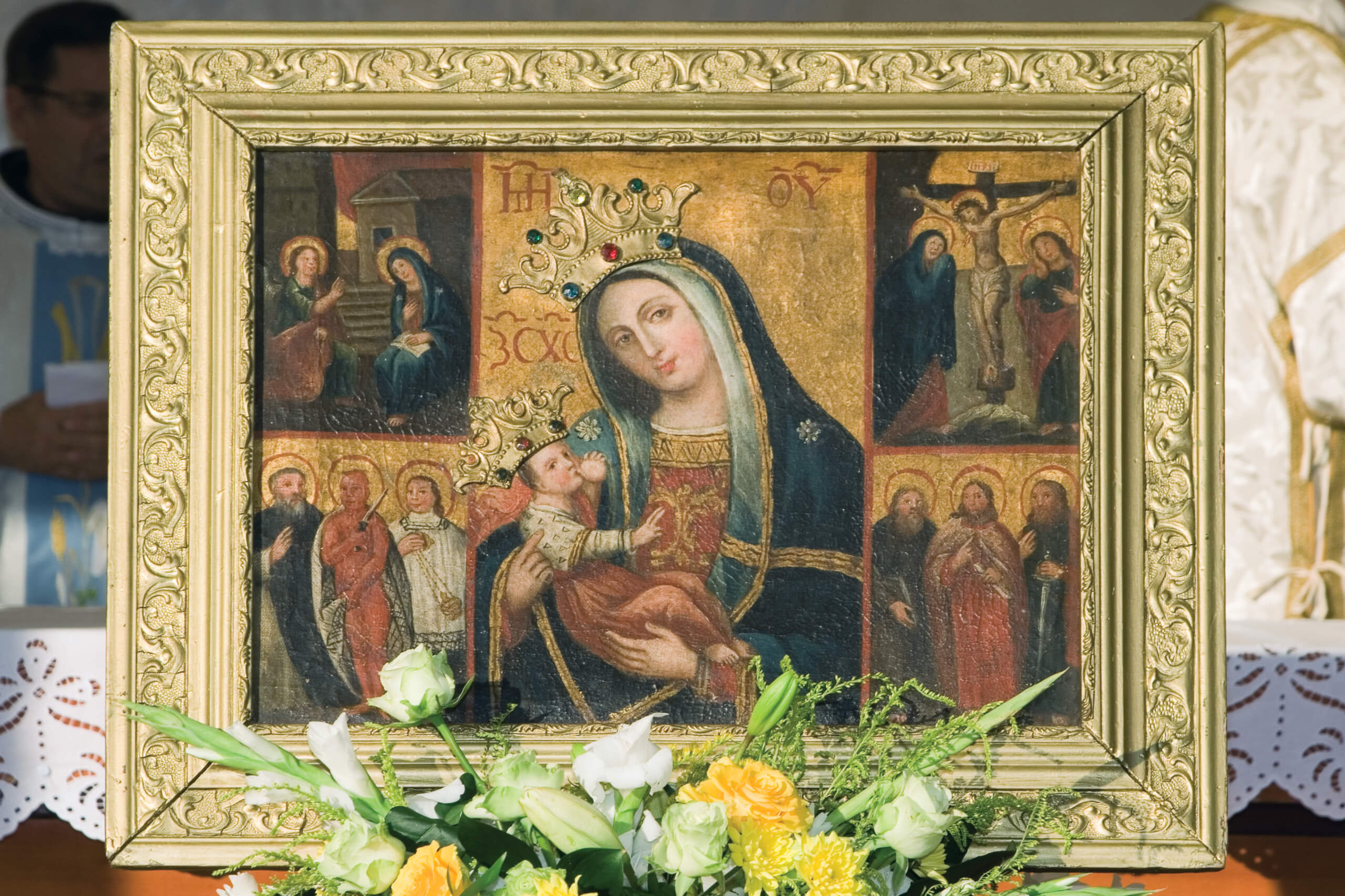
Image: Rijeka Tourist Board
According to the Rijeka Tourist Board, the shrine’s foundation is reported to be, according to tradition, related to the miraculous transport of the Nazareth Barn, and its stay on Trsat (1291 – 1294). Shortly after the relocation of the Mother of God’s house to Loreto, Prince Nikola I of Krk built the first small church on the place where the barn stood on Trsat. Marija`s Trsat became a pilgrimage point of convergence, the reputation of which was strengthened by the astounding painting of the Lady of Trsat, which was a gift given to the inconsolable Croats in 1367 by Pope Urban V for the loss of the Holy Barn. In the XV century, the Sanctuary was taken over by Franciscans, who have remained its guardians to the present day. On 8 June 2003, Pope John Paul II attended a long pilgrimage procession.
For more on travel in Croatia, follow TCN’s dedicated page.

